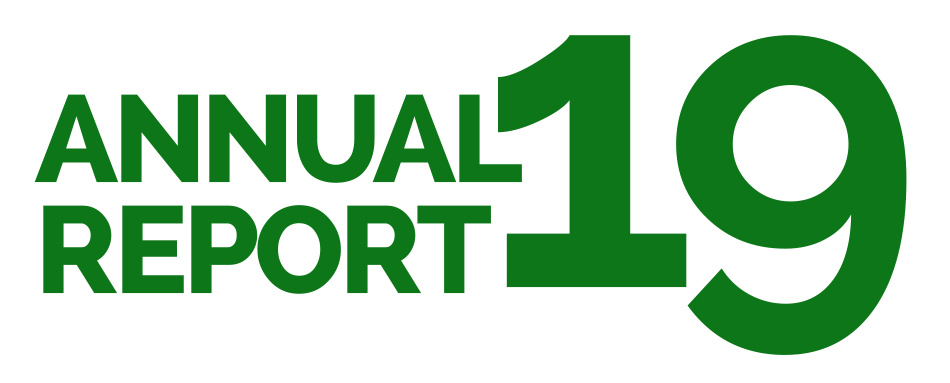Independent Auditor's Report
Key Audit Matters
Key audit matters are those matters that, in our professional judgment, were of most significance in our audit of the financial statements of the Company for the year ended 31 December 2019. These matters were addressed in the context of our audit of the financial statements as a whole, and in forming our opinion thereon, and we do not provide a separate opinion on these matters.
i) Valuation of technical provisions
The estimation of liabilities arising from insurance contracts such as unearned premiums reserve, claims under settlement reserve, incurred but not reported claims reserve and unallocated loss adjustment expenses reserve as disclosed in Note 14 to the financial statements, involves a significant degree of judgement. These liabilities are based on the pattern of risk distributions over coverage period, the best-estimated ultimate cost of all claims incurred but not settled at a given date, whether reported or not, together with the related claims handling costs and persistency (including consideration of policyholder behavior). Actuarial computations have been used to determine these provisions. Underlying these computations are a number of explicit or implicit assumptions relating to the expected settlement amount and settlement patterns of claims. Since the determination of such a provision requires the expertise of an external valuation expert who incorporates significant assumptions, judgements and estimations, the valuation of these liabilities was significant to our audit.
We assessed management’s calculations of the technical reserves by performing the following procedures:
- We tested the underlying company data to source documentation;
- Using our actuarial specialist team members, we applied our industry knowledge and experience and we compared the methodology, data, models and assumptions used against recognised actuarial practices;
- Understood and tested the governance process in place to determine the insurance contract liabilities, including testing the associated financial reporting control framework;
- Performed independent re-computations on selected classes of business, particularly focusing on the largest and most uncertain reserves. For these classes we compared our re-computed claims reserves to those booked by management, and sought to understand any significant differences; and
- For the remaining classes, we evaluated the methodology and assumptions, or performed a diagnostic check to identify and follow up any anomalies.
ii) Recoverability of insurance receivables from policyholders, insurance companies and reinsurance companies
The Company in its normal course of business is exposed to risks of non – recoverability from policyholders, insurance companies and reinsurance companies due to disputes / litigations or due to deterioration of financial conditions of the counterparty. Management’s related provision is subjective and is influenced by assumptions concerning the probability of default and probable losses in the event of default. We reviewed the past trend of actual amounts written off and the credit ratings of the counterparties (where available) to assess the provision held as at year-end. We also discussed with management and reviewed correspondence, to identify any disputes and assessed whether such matters had been considered in the bad debt provision.




